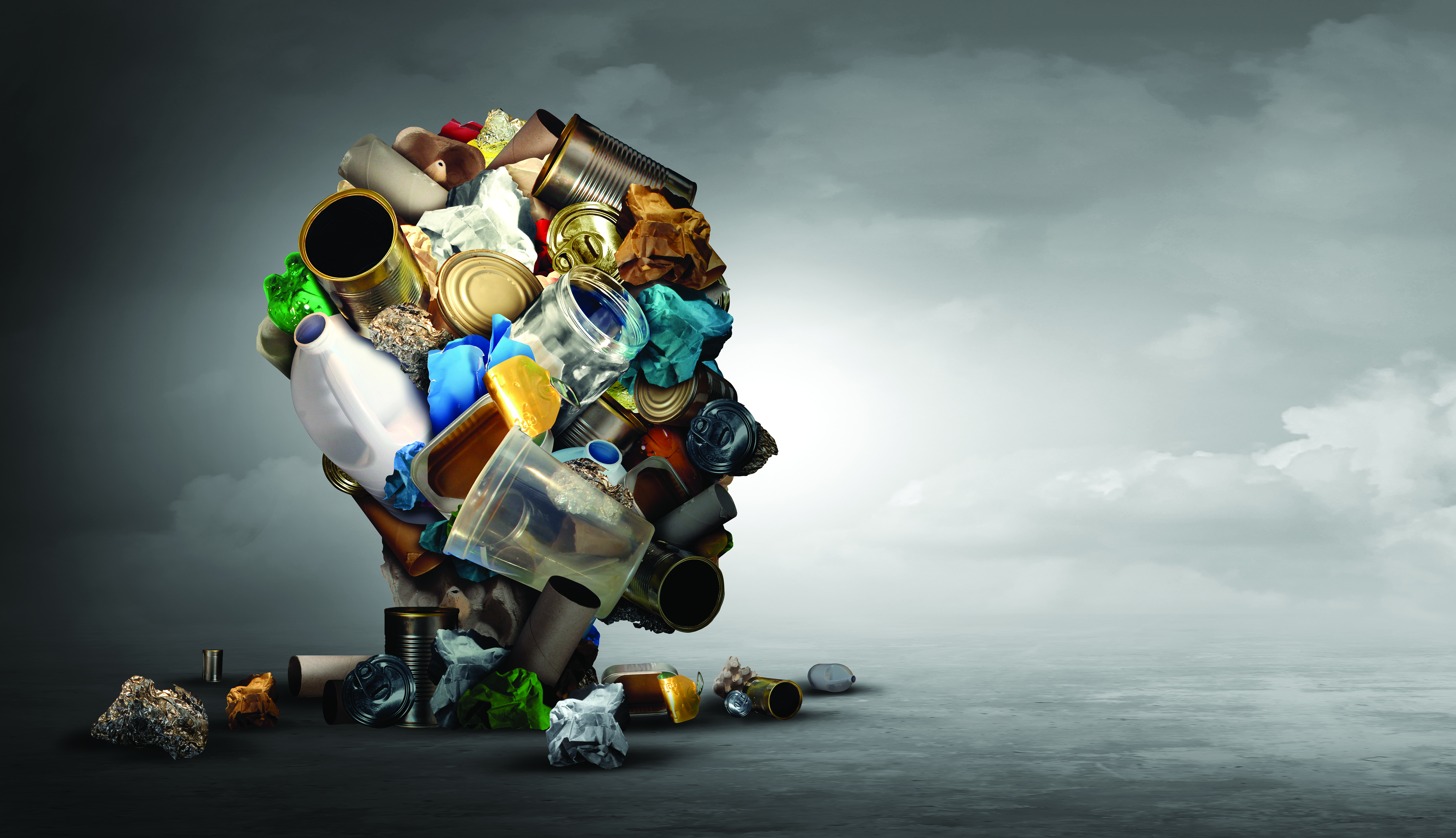A new study has shed light on UK recycling perceptions – and the work still required to advance the circular economy, writes Eamonn Duff

More than half of UK adults are unsure how to recycle plastic according to new international research which also reveals them to be the most active recyclers overall.
The findings of the report, conducted by YouGov for US-based packaging solutions company Hi Cone, not only expose UK consumers’ lack of confidence in plastic recycling, but also their eagerness to recycle in general. More than 90 per cent of us now regularly recycle at home compared to 75 per cent of adults across other territories. We are also the most convinced that non-plastic packaging solutions are better for the environment, even if it means using more packaging material.
Hi-Cone’s Vice President and General Manager, Shawn Welch, acknowledged the challenges faced by the packaging industry as sustainability becomes the central focus in a post-Blue Planet era: “There is a great need to create a more transparent process and clear guidance for consumers when it comes to the development of a circular economy and better recycling practices. Only by understanding consumer beliefs, national programs and global goals, can the industry make real progress in sustainability.”
The State of Plastic Recycling Report surveyed over 5,500 adults across four markets – Mexico, Spain, the United Kingdom, and the United States, of which 2,228 were from the UK – on their behaviours, knowledge and attitudes towards plastic packaging recycling. The report makes clear the uncertainty of consumers as to which materials are better for the environment, with over one third of adults across all territories reporting to be unsure if it takes more energy and natural resources to recycle plastic than paper. In addition to lack of certainty, consumers also expressed a great lack of confidence in the recycling system, with one third of those surveyed believing only a quarter of what they put in their recycling bins is actually recycled.
Hi-Cone’s Sustainability Director Jennifer Perr said the study, and others like it, provide valuable insight and direction. “The waste crisis is an issue of both packaging design and a lack of recycling culture and infrastructure. With the help of this report, we can take a look at where the industry can better support consumers with education and resources, and start to collaborate with local governments and private recycling partners to improve the recycling system. By working together with consumers and recycling organisations, the industry will be better able to make progress towards creating a circular economy.”
Welch believes improved communication between the industry and the public can help prevent further environmental risk down the track by “stopping the current trend of solving one problem and replacing it with an even bigger one.” He points to the recent Green Alliance report that warned of the potential environmental risks of banning plastic packaging in favour of other materials that have larger carbon footprints and can be even more detrimental to the environment.
The same report identified a “kneejerk” reaction involving companies that are routinely substituting plastic with alternative single use packaging materials such as paper, cardboard and wood for cutlery – without any suitable recycling systems in place.




